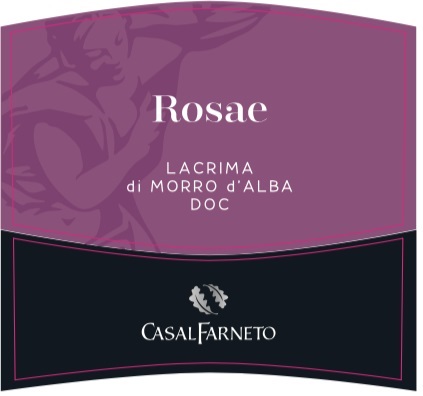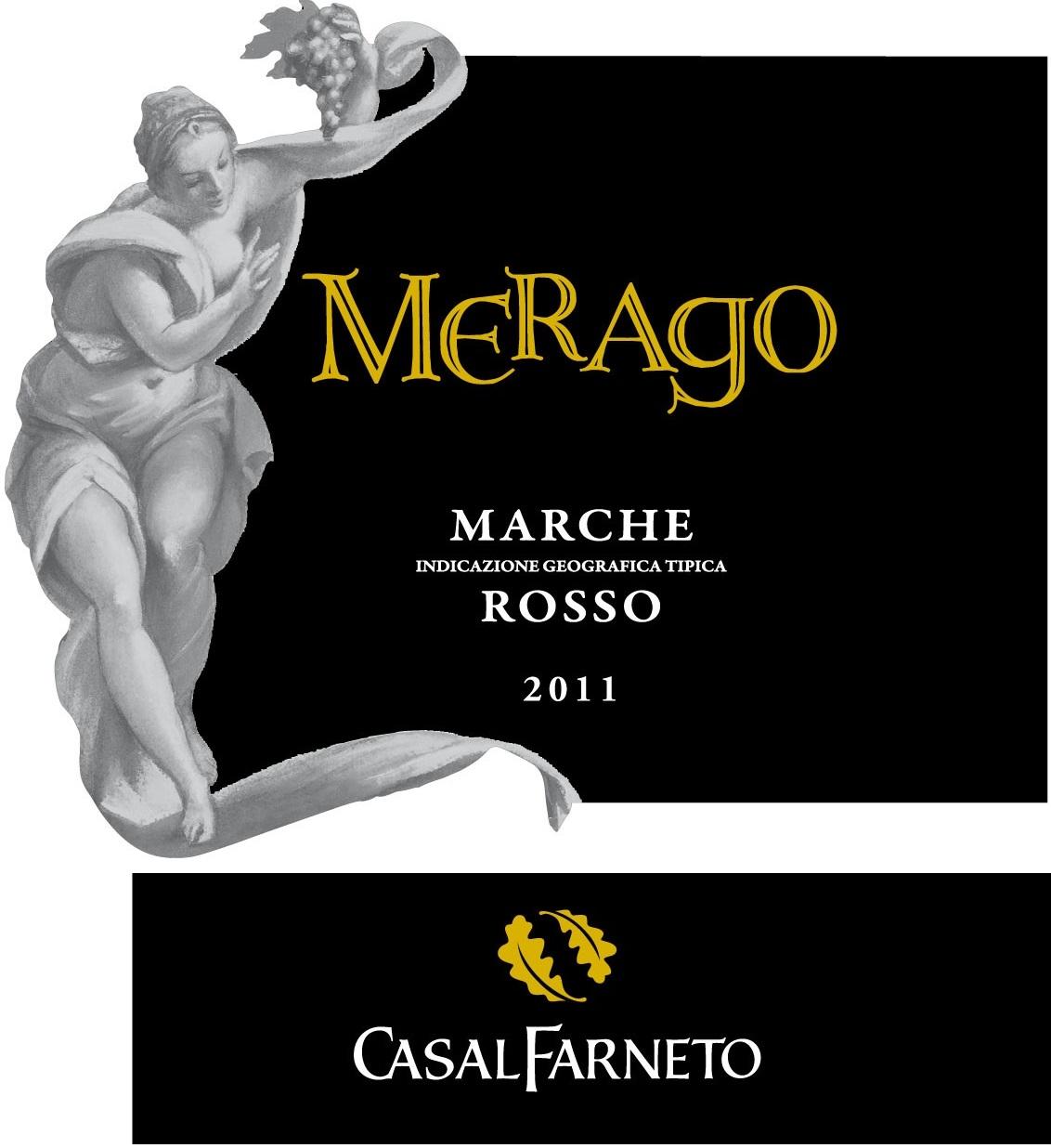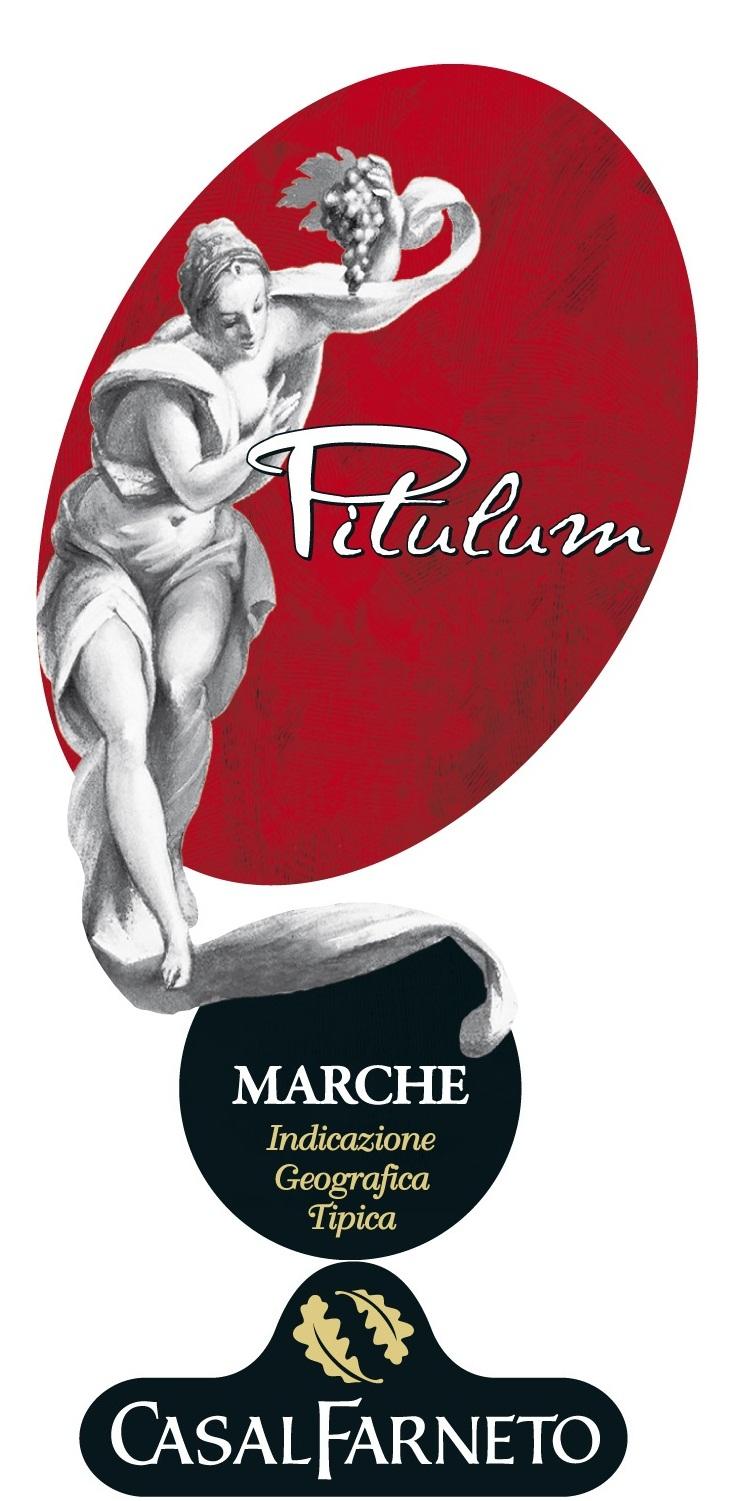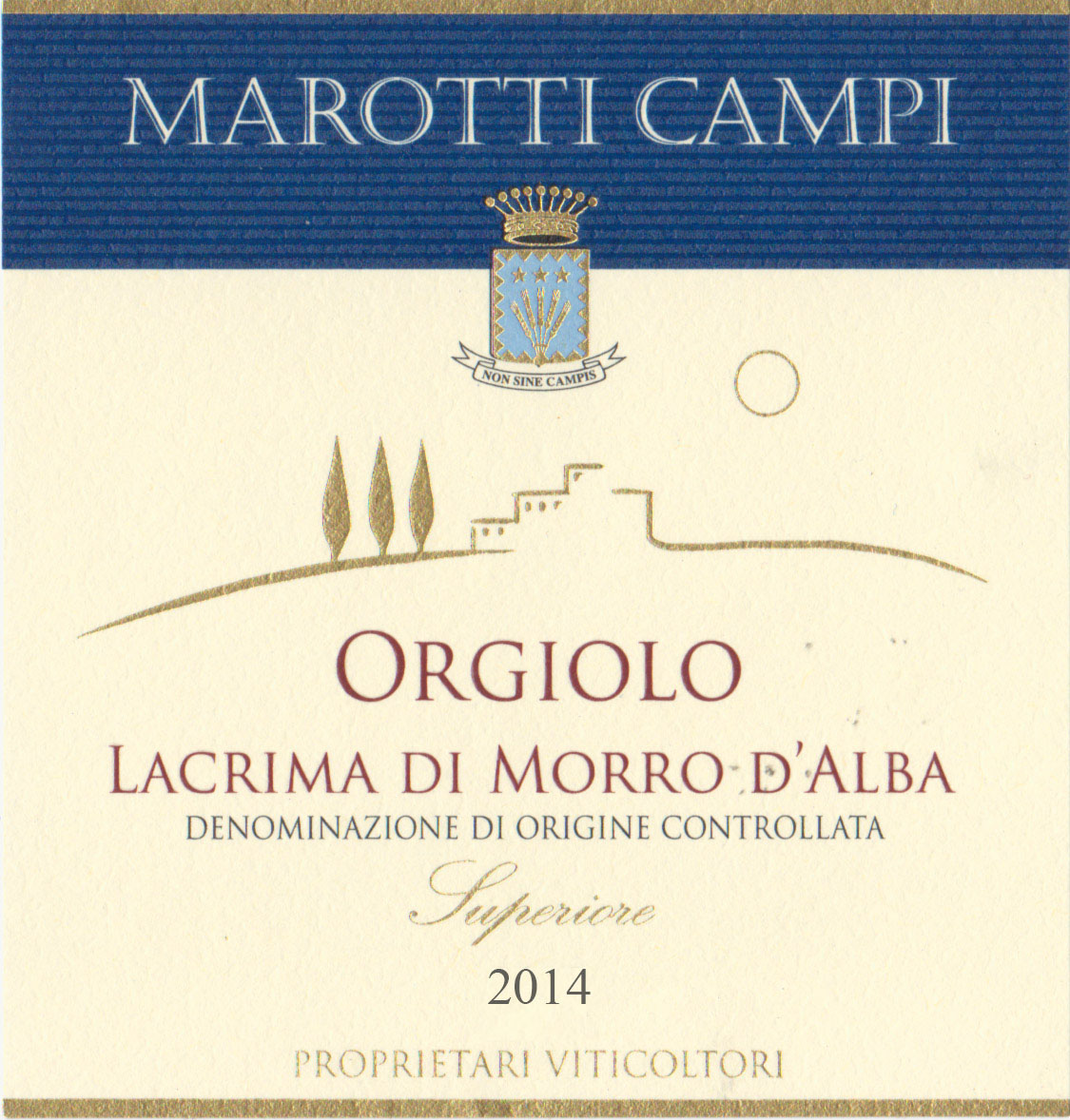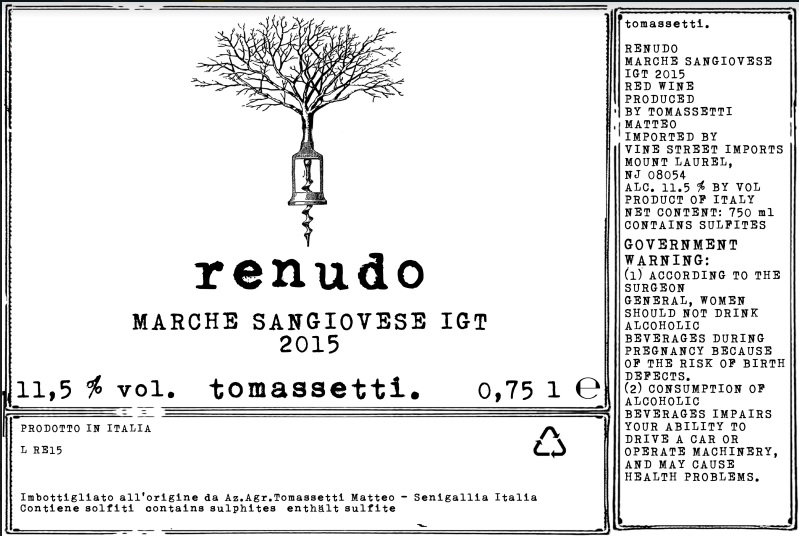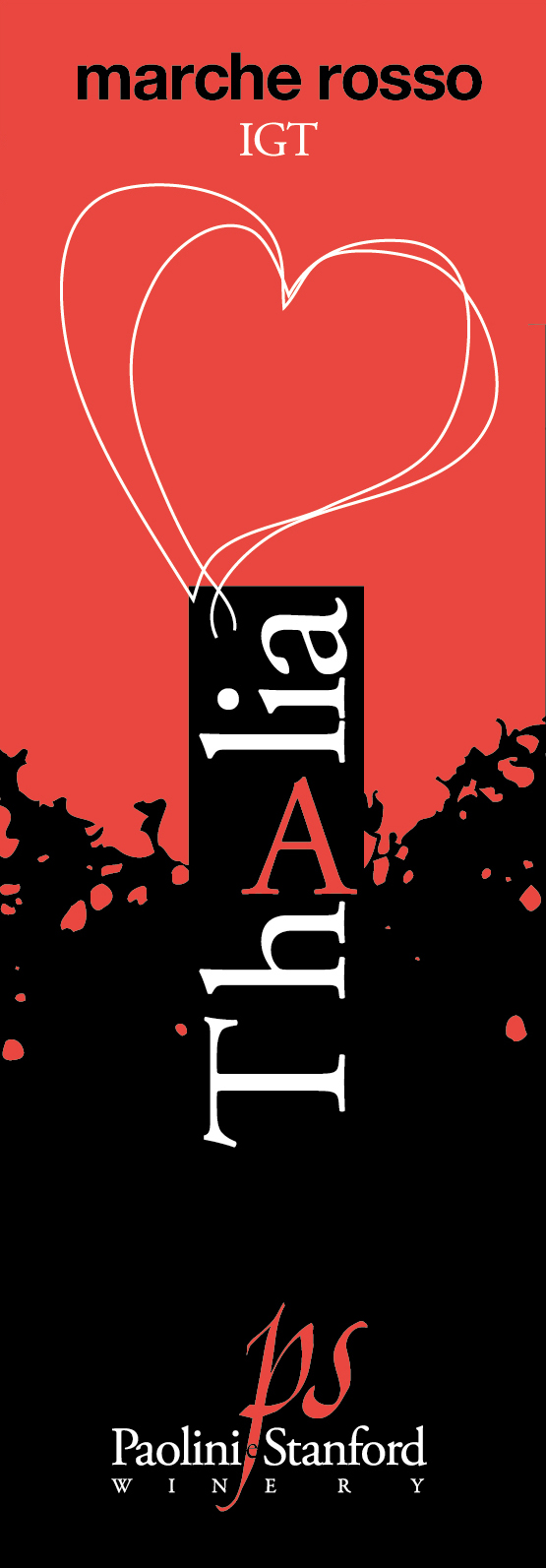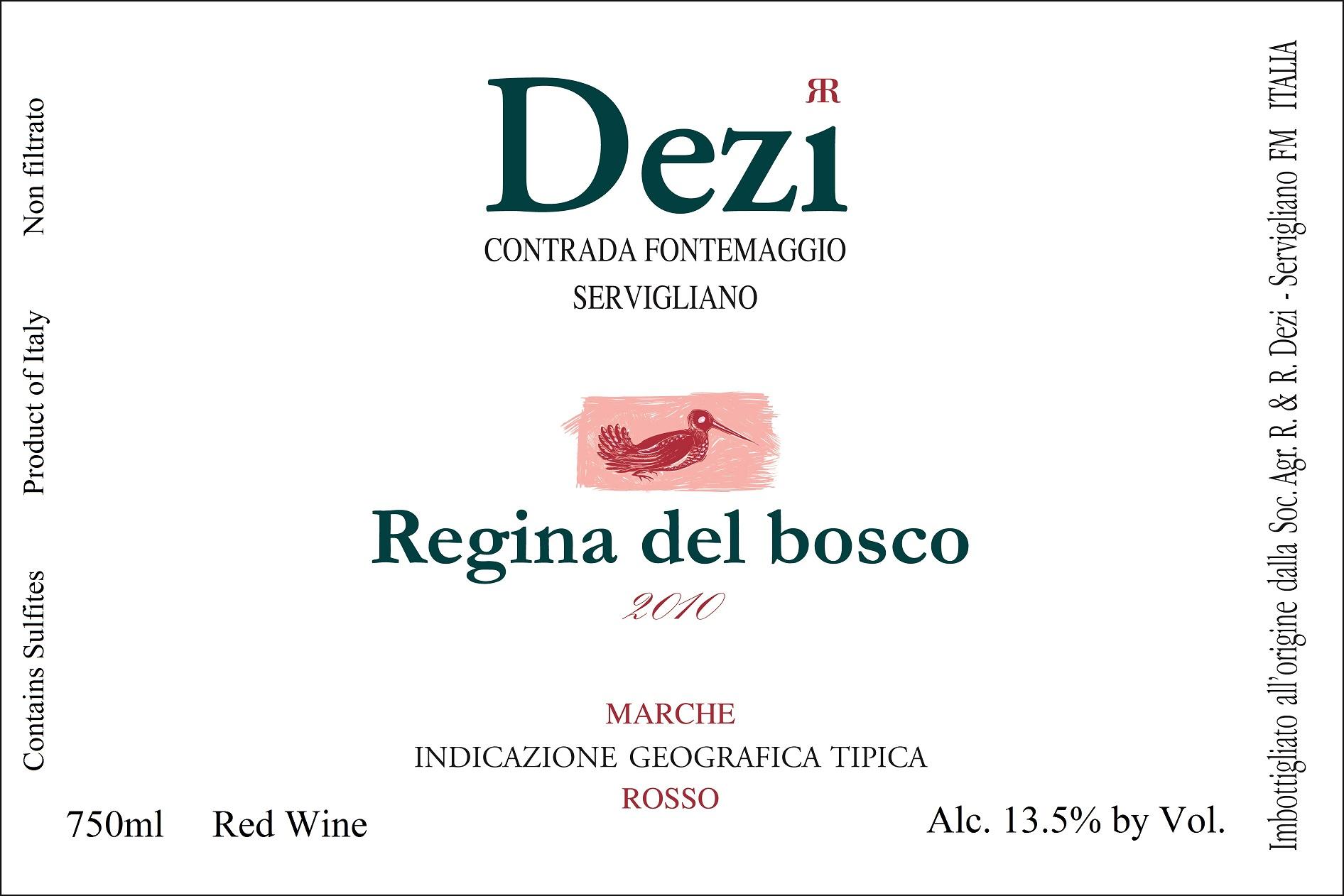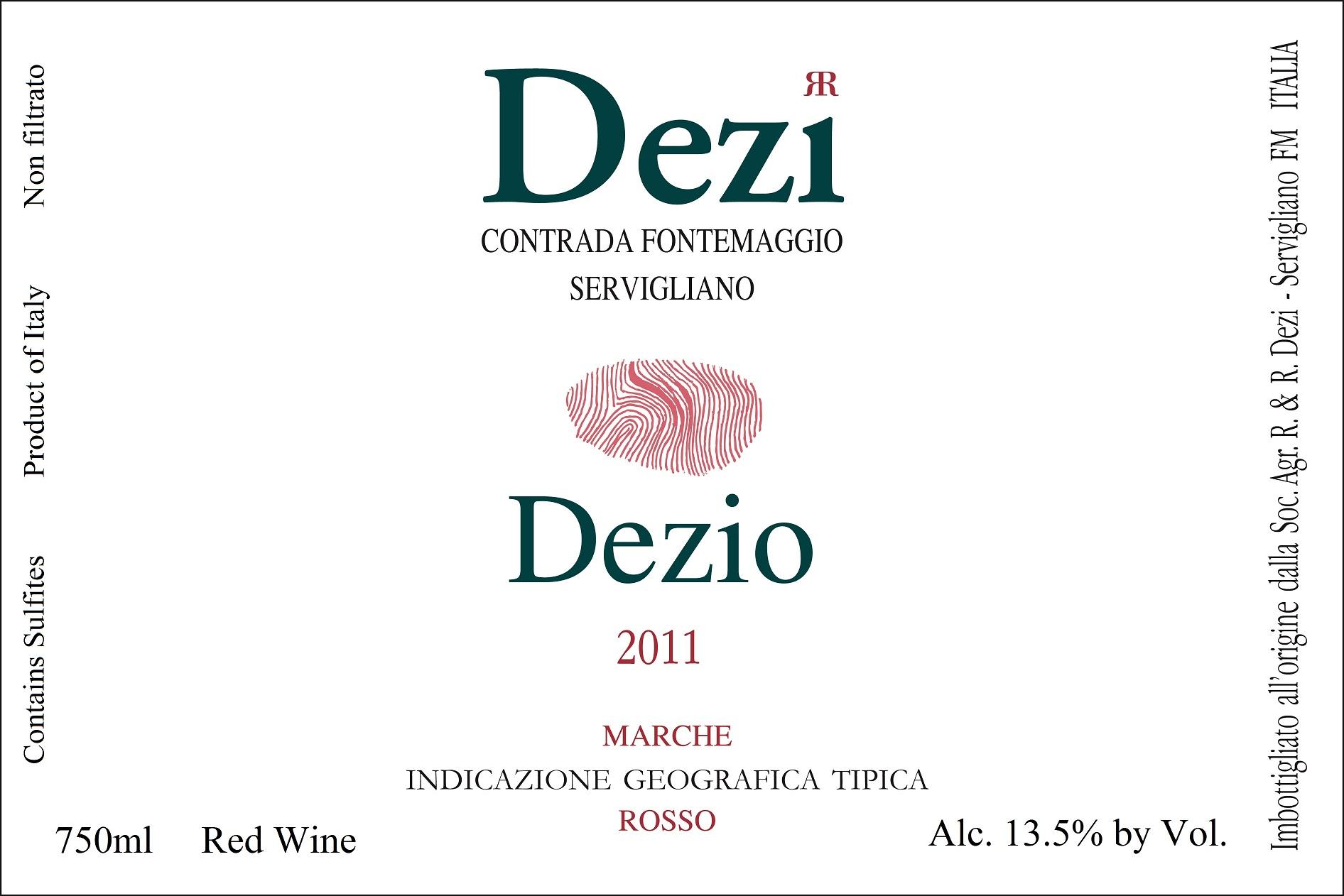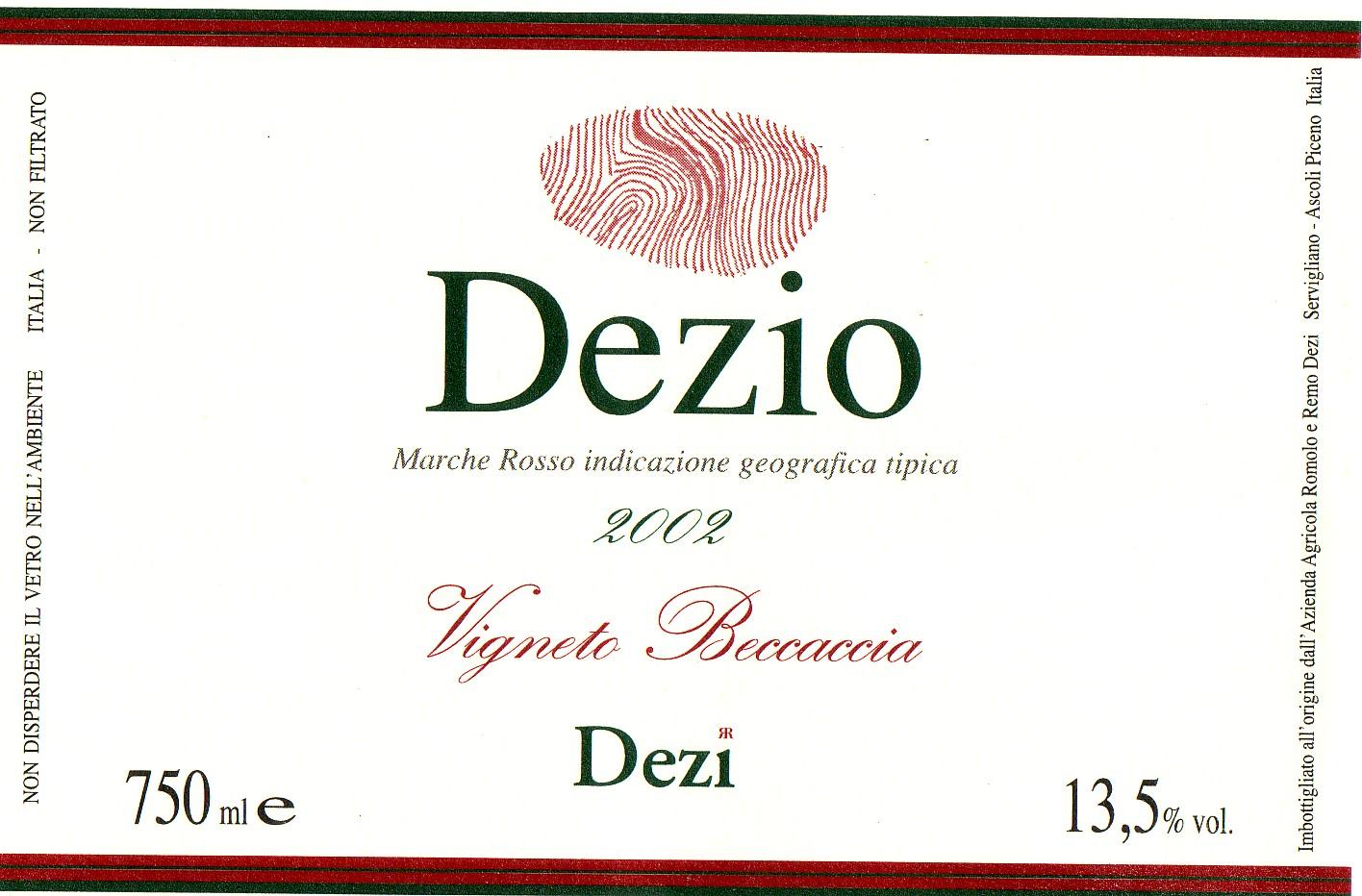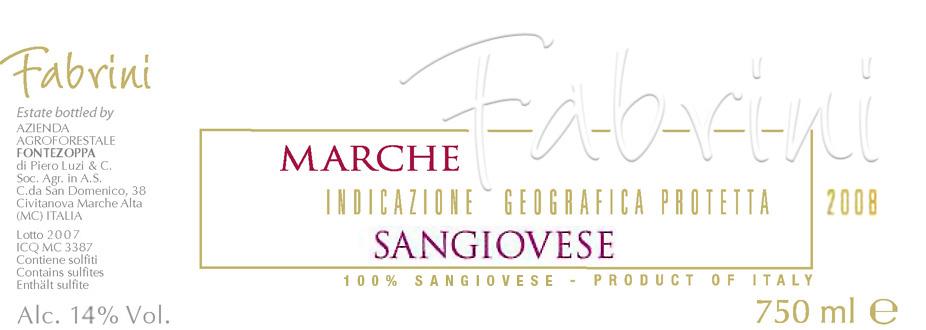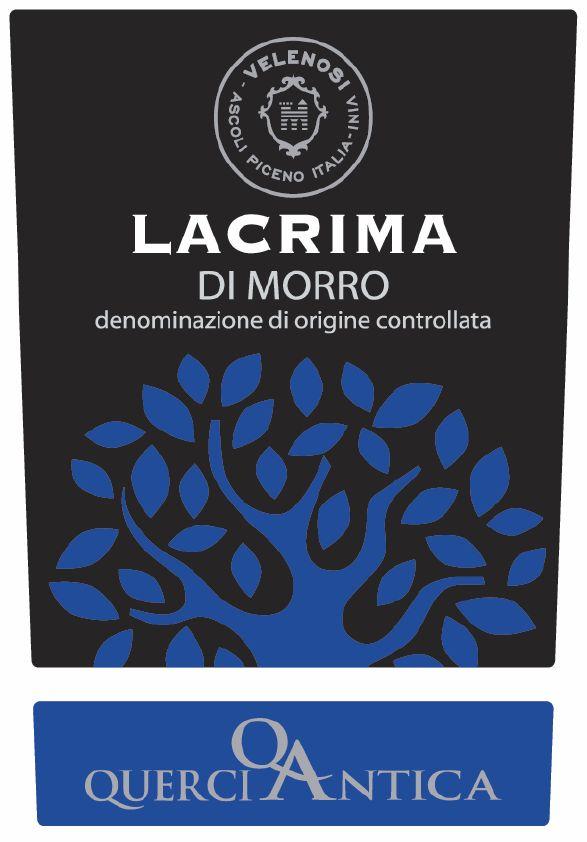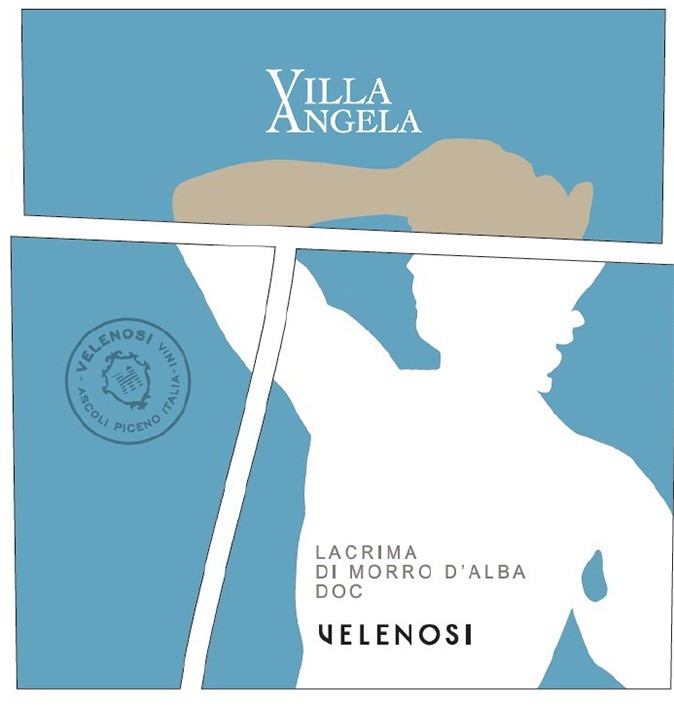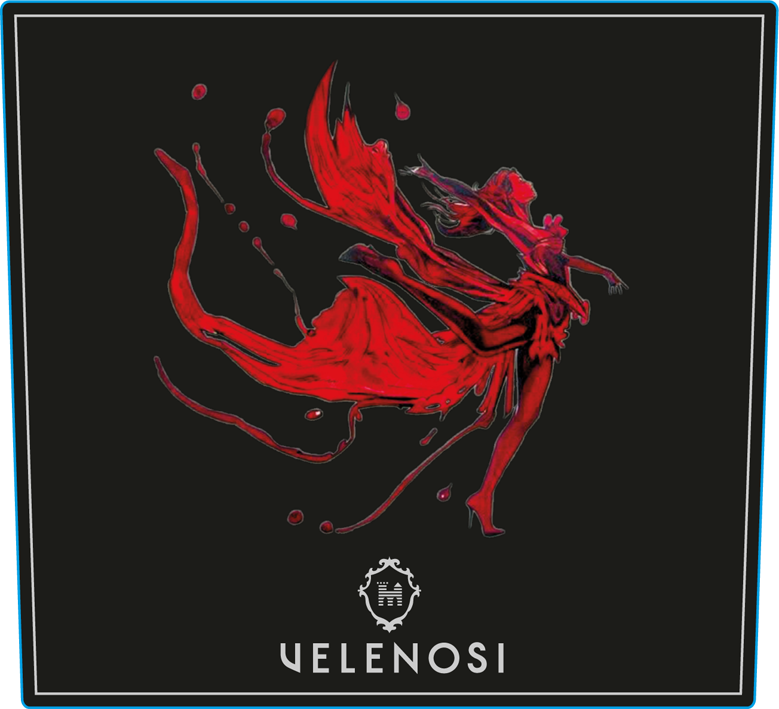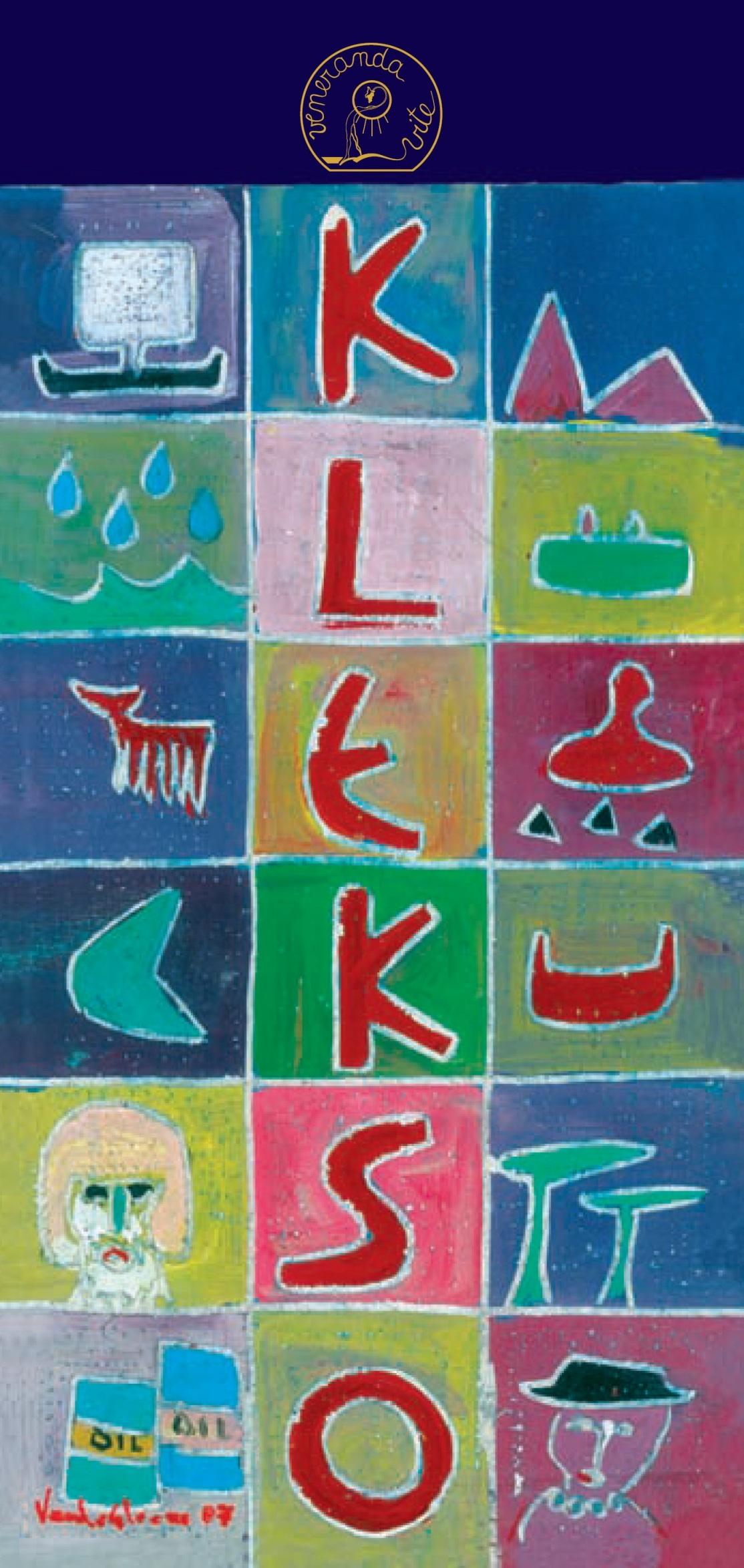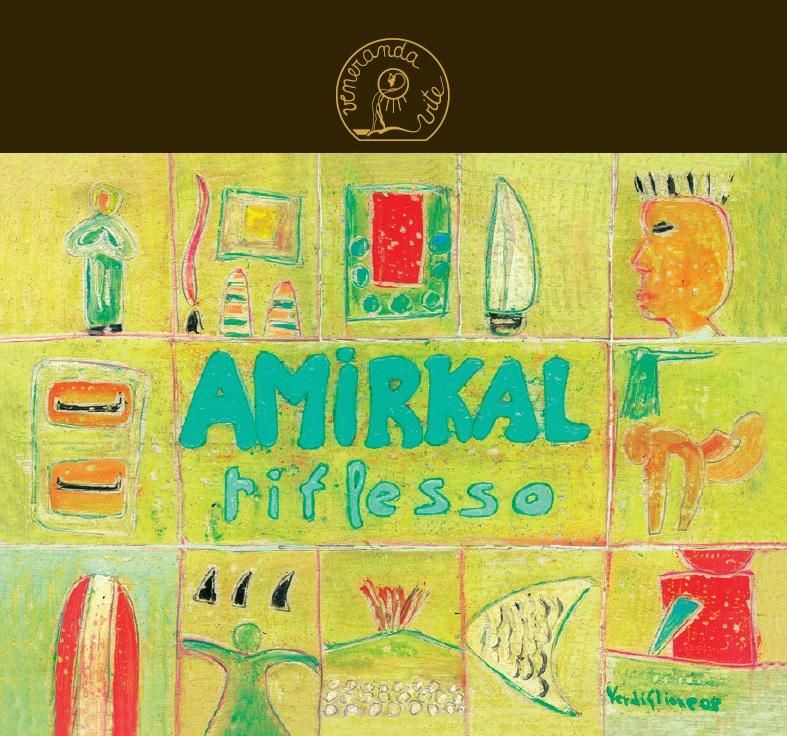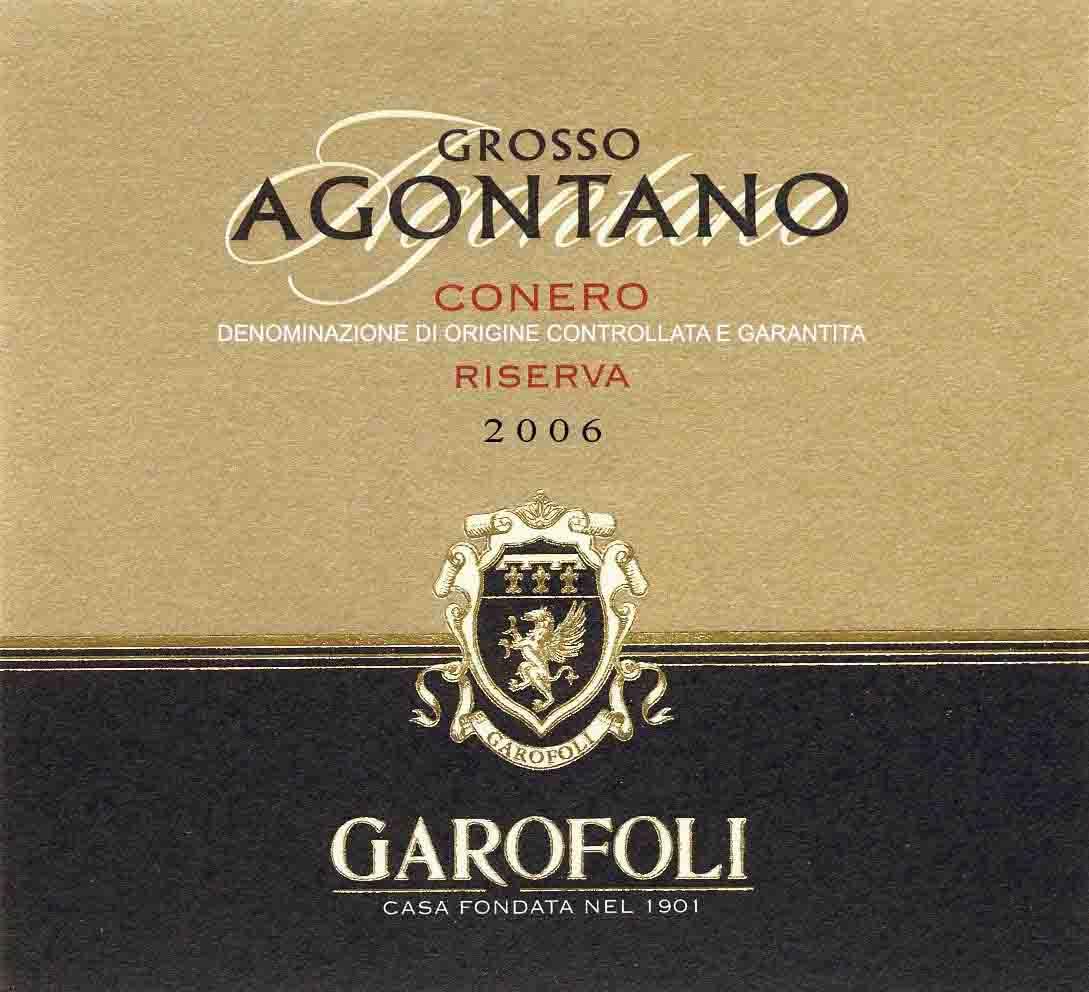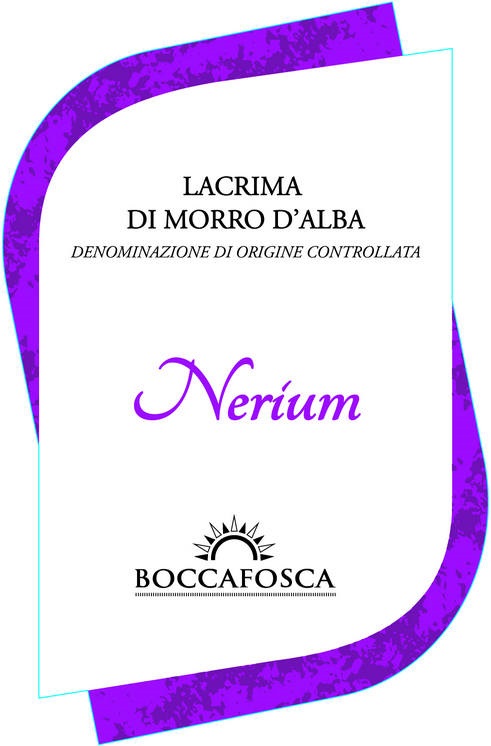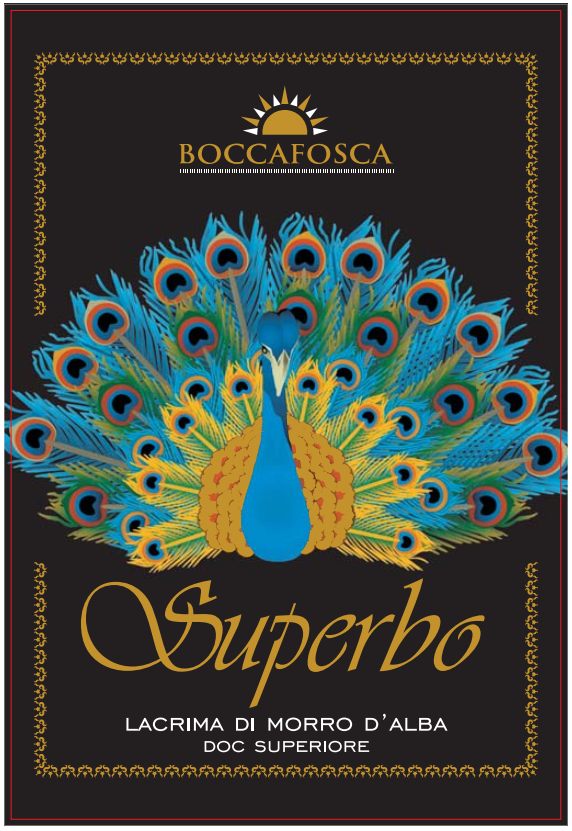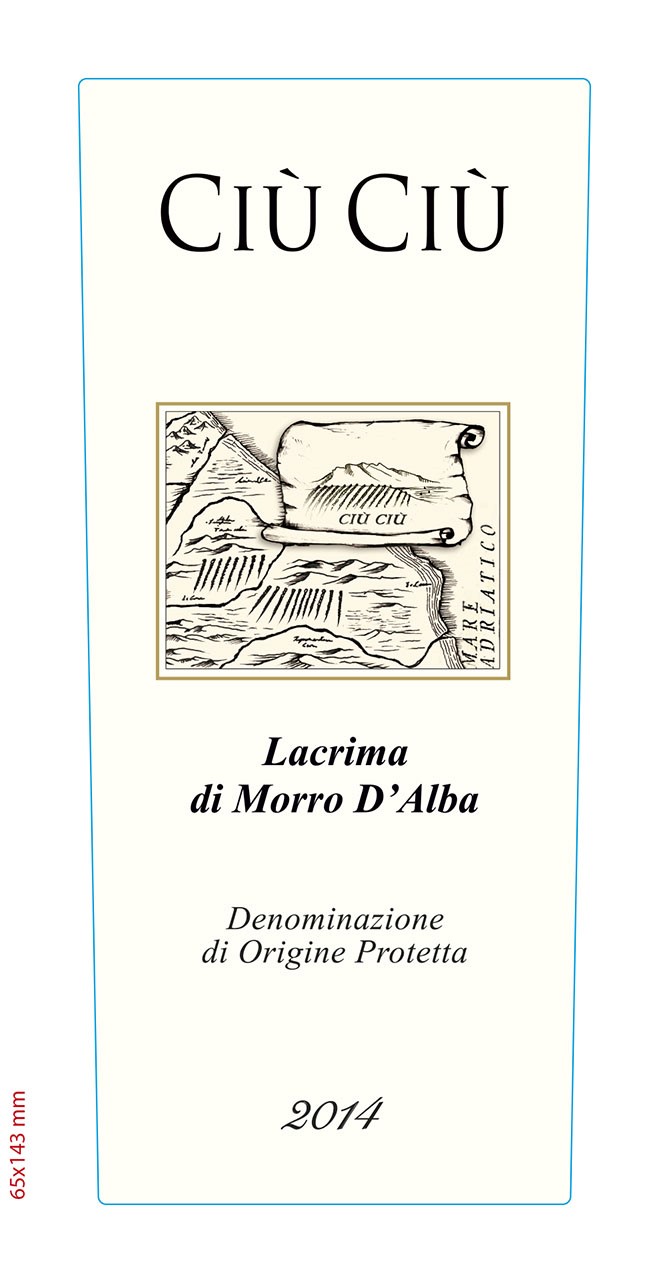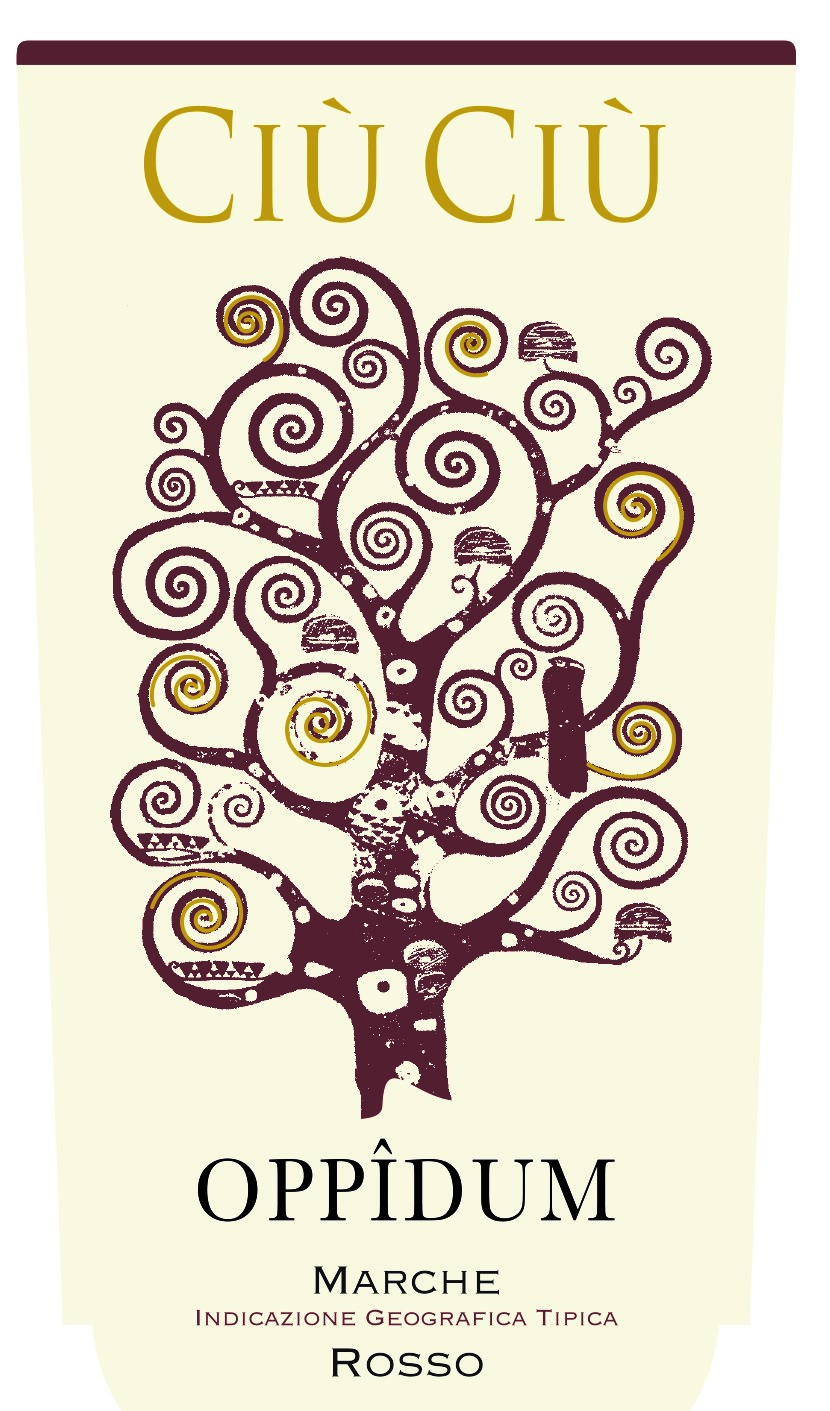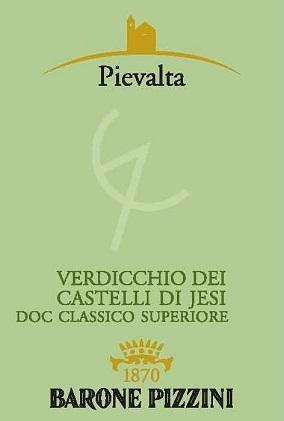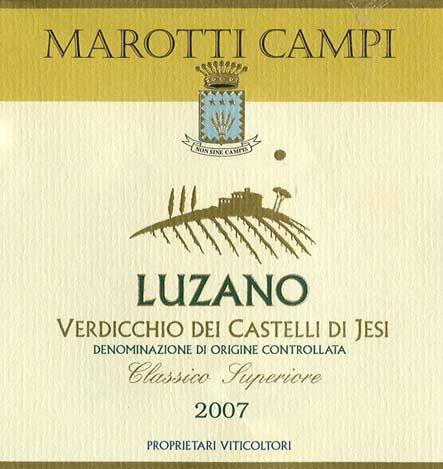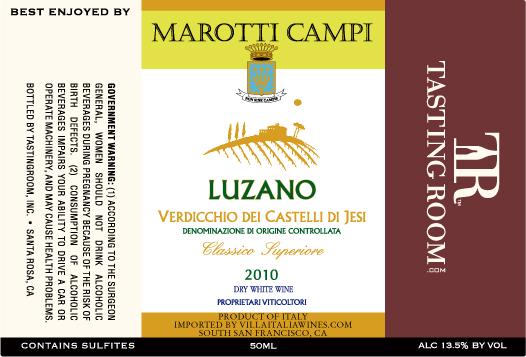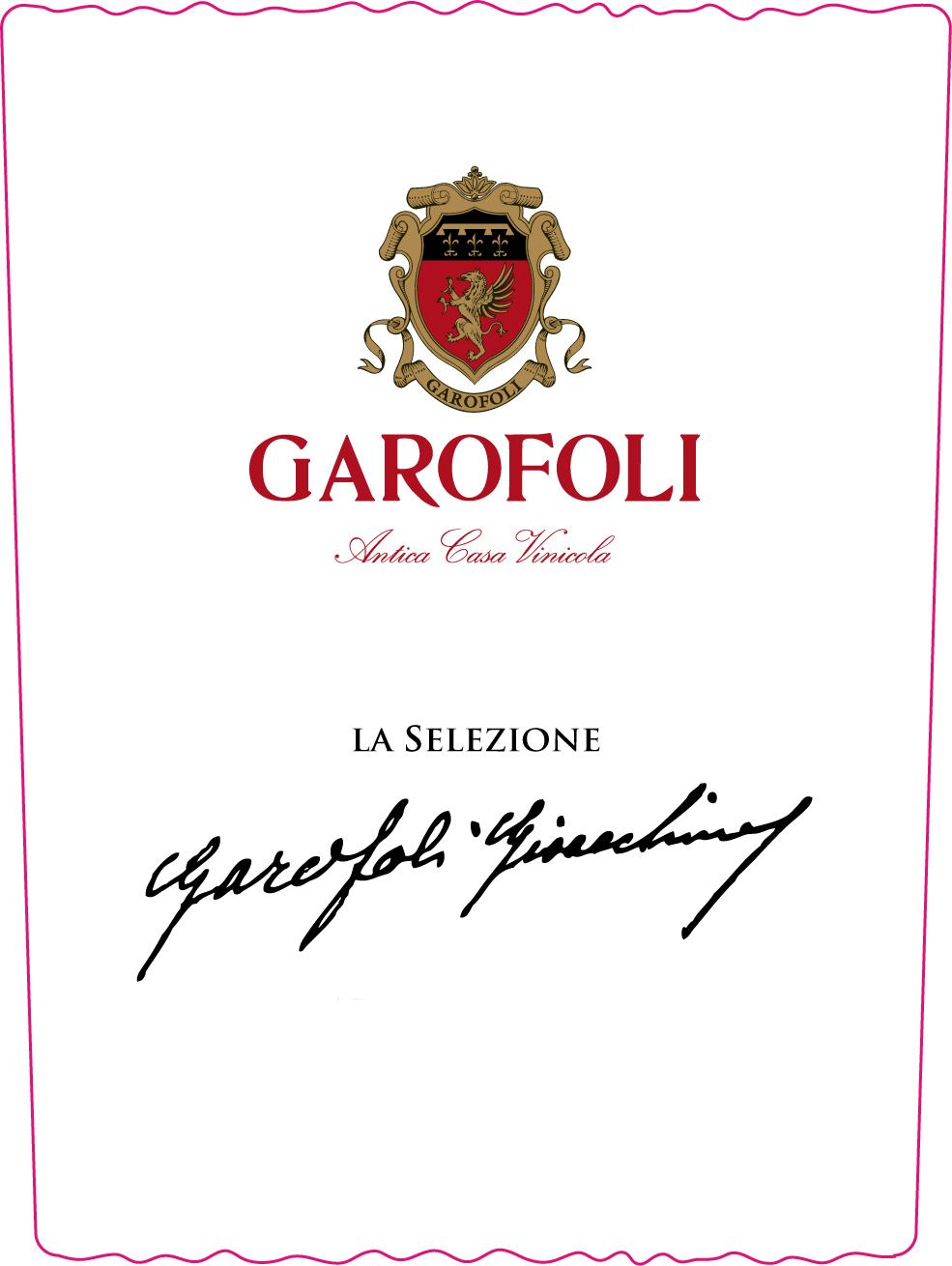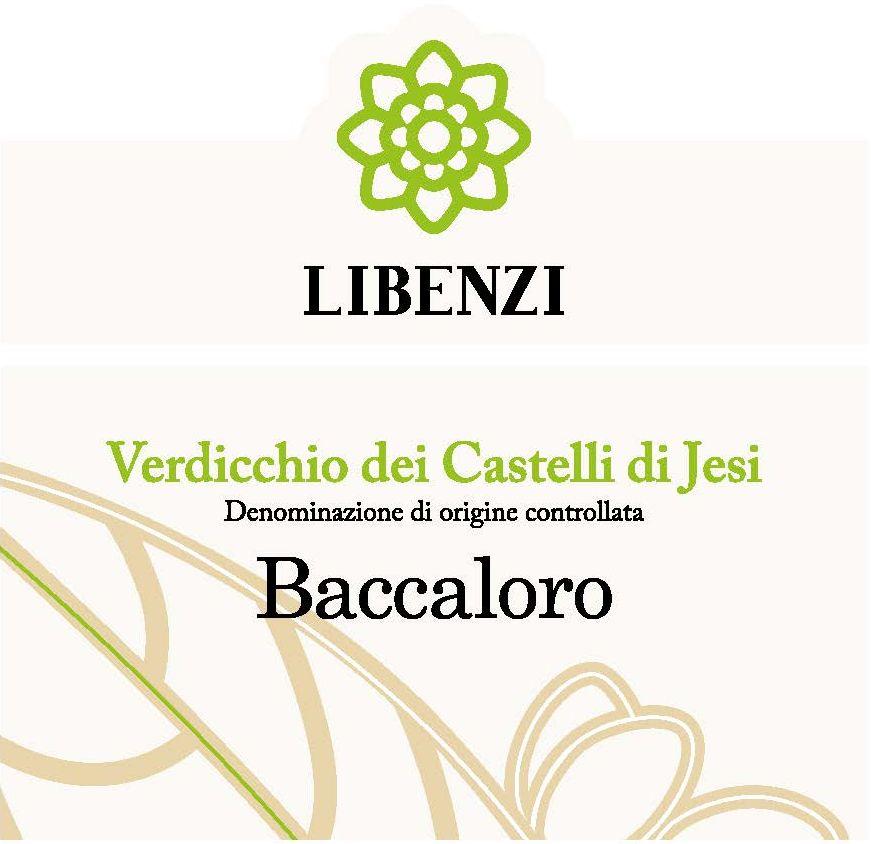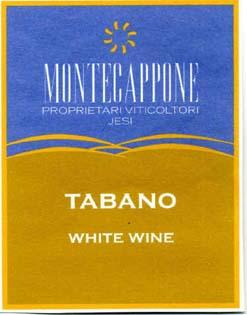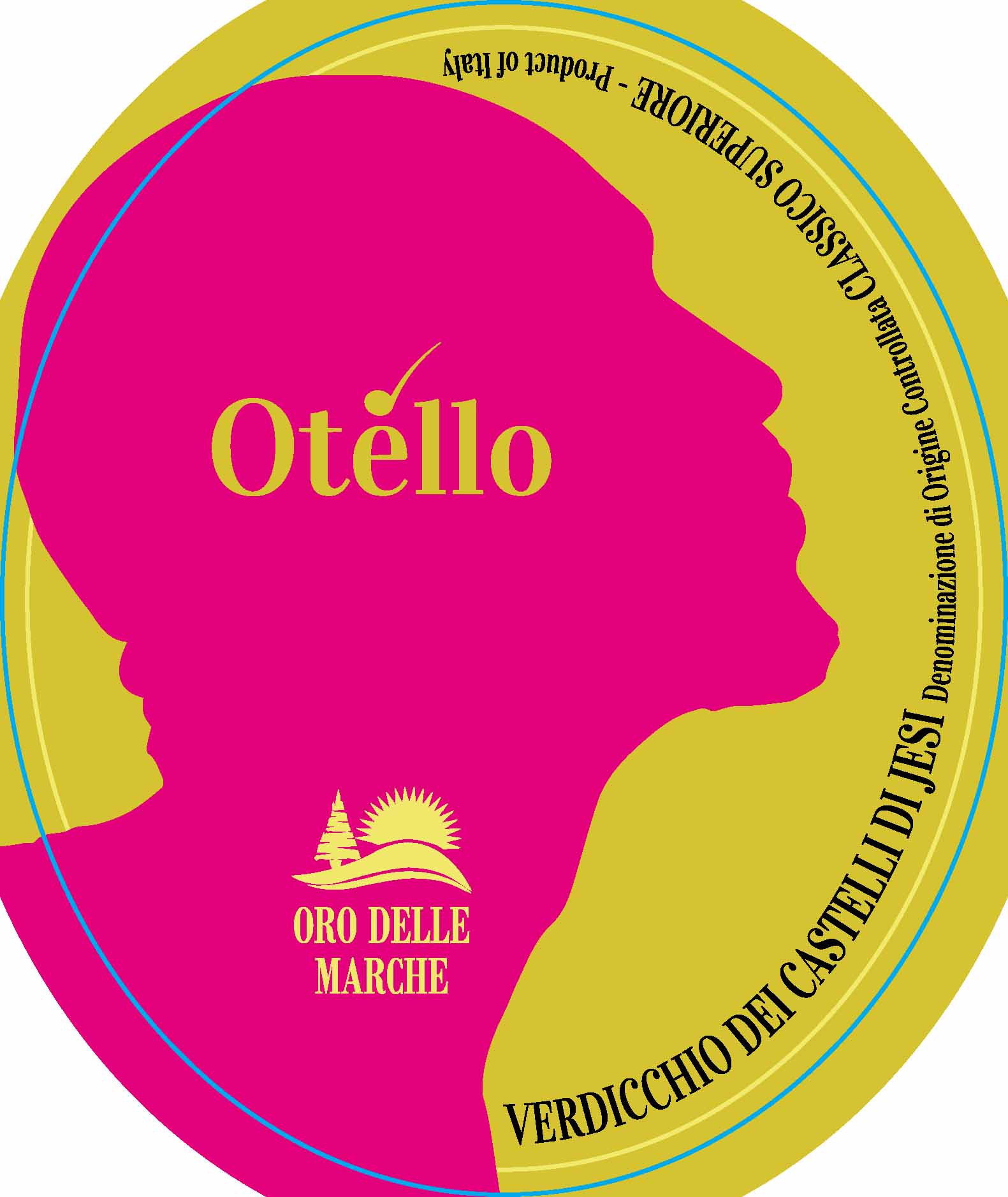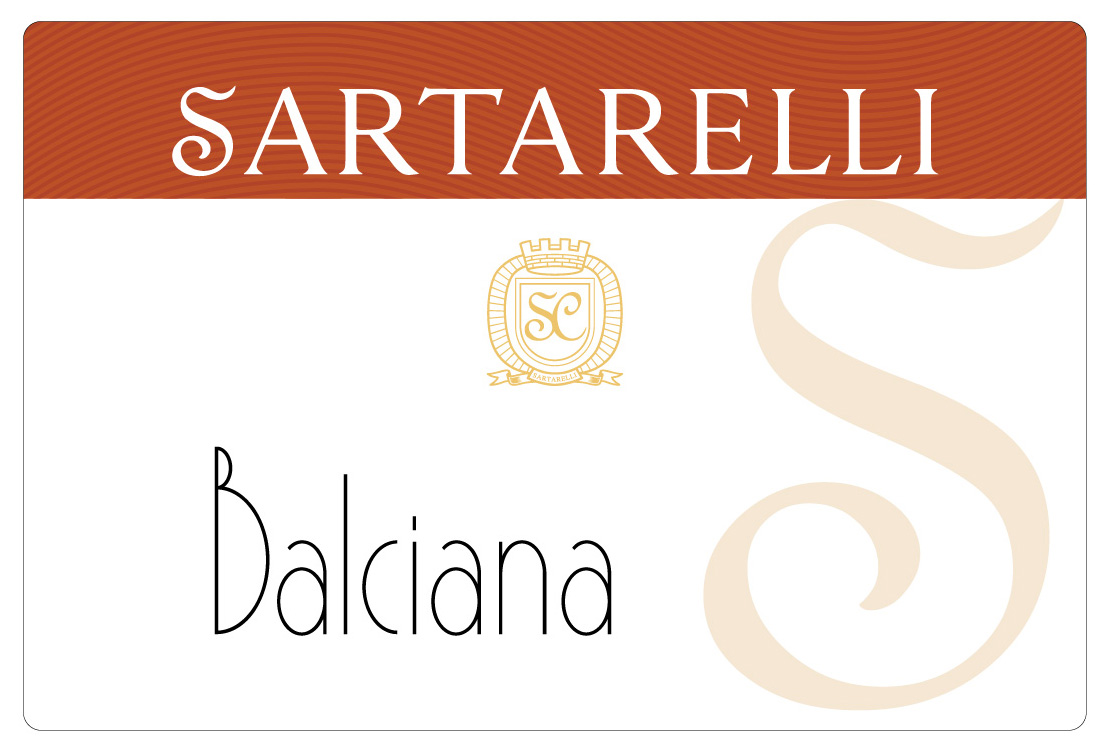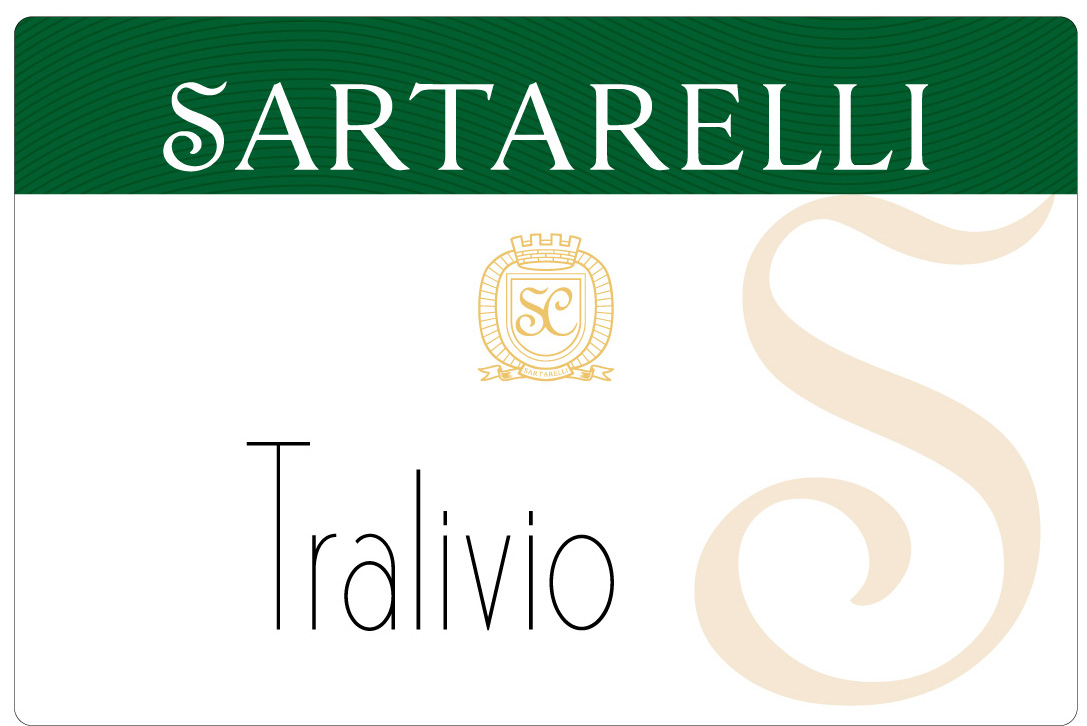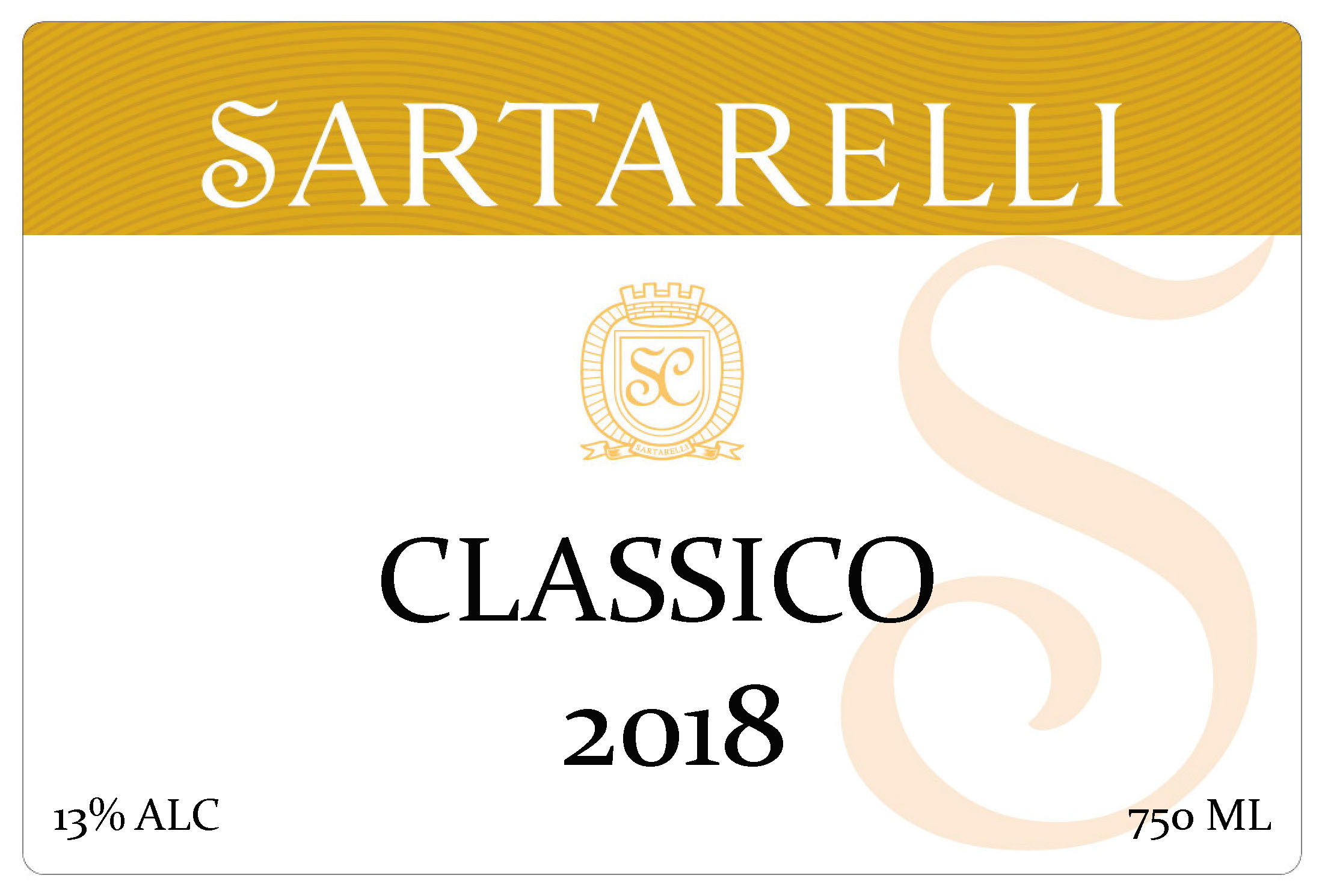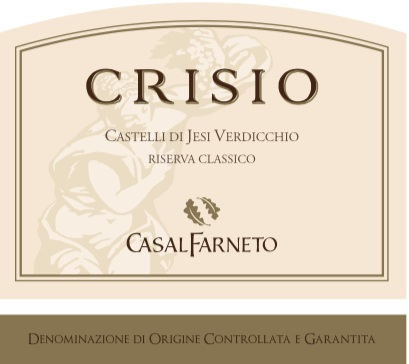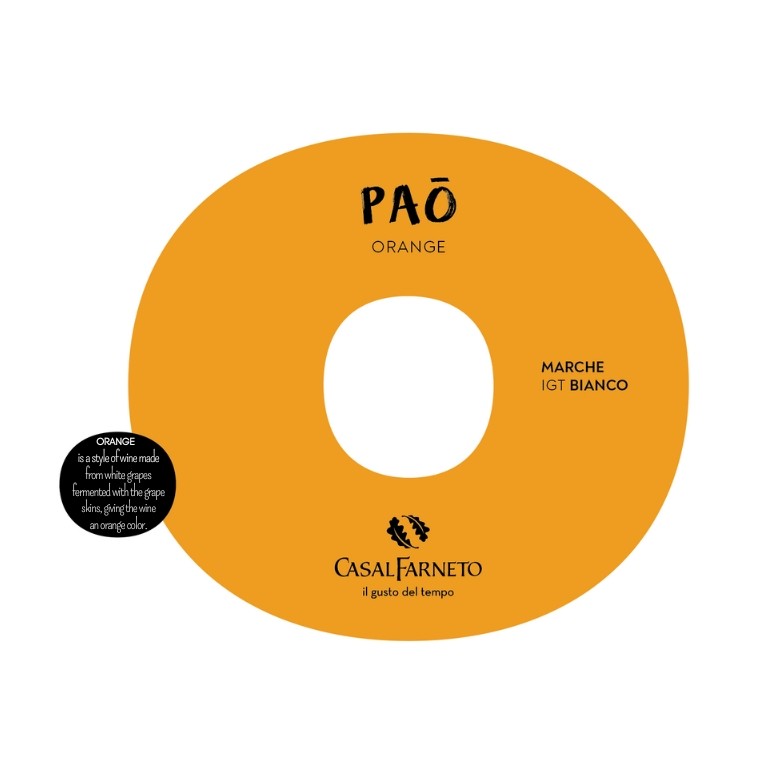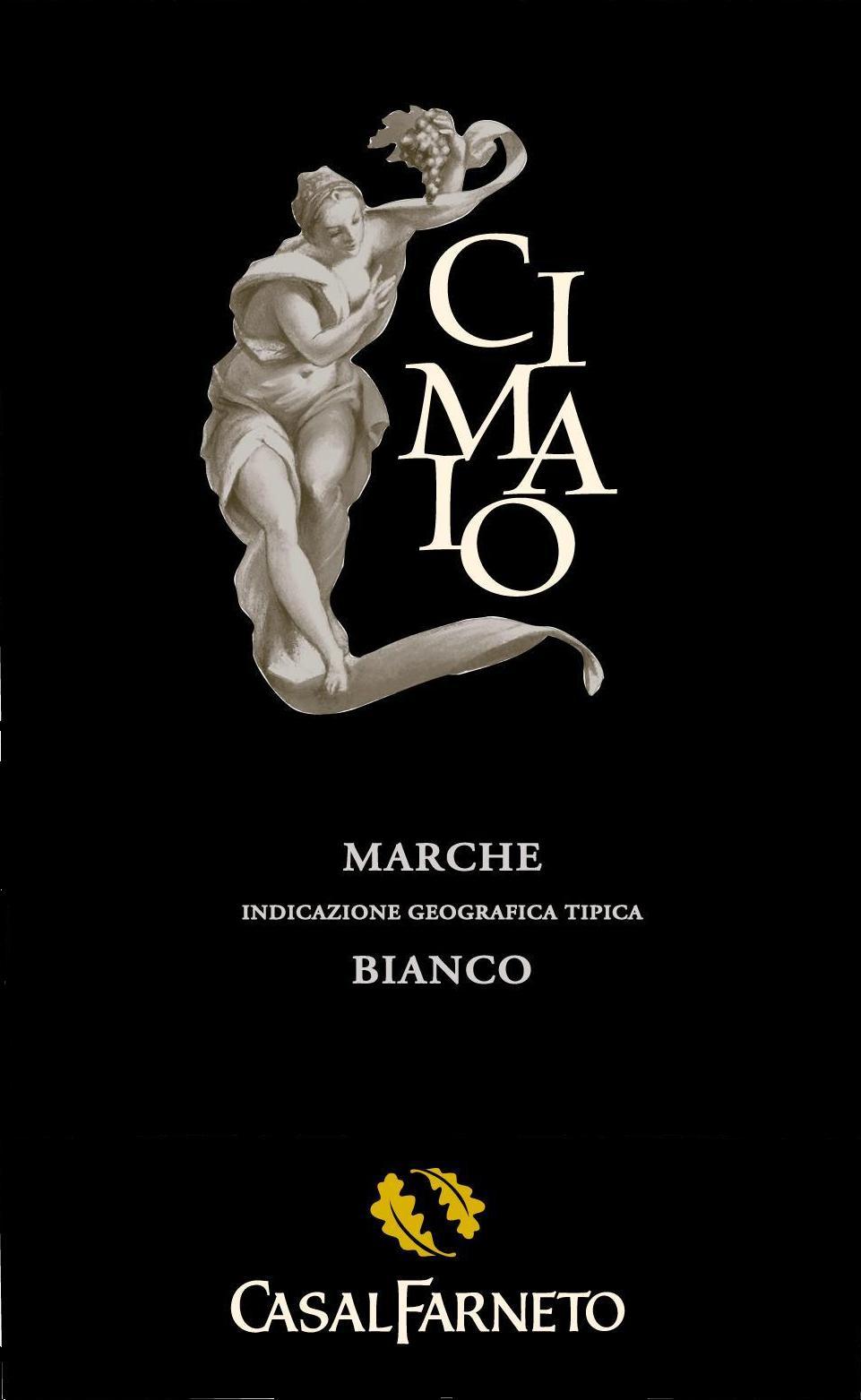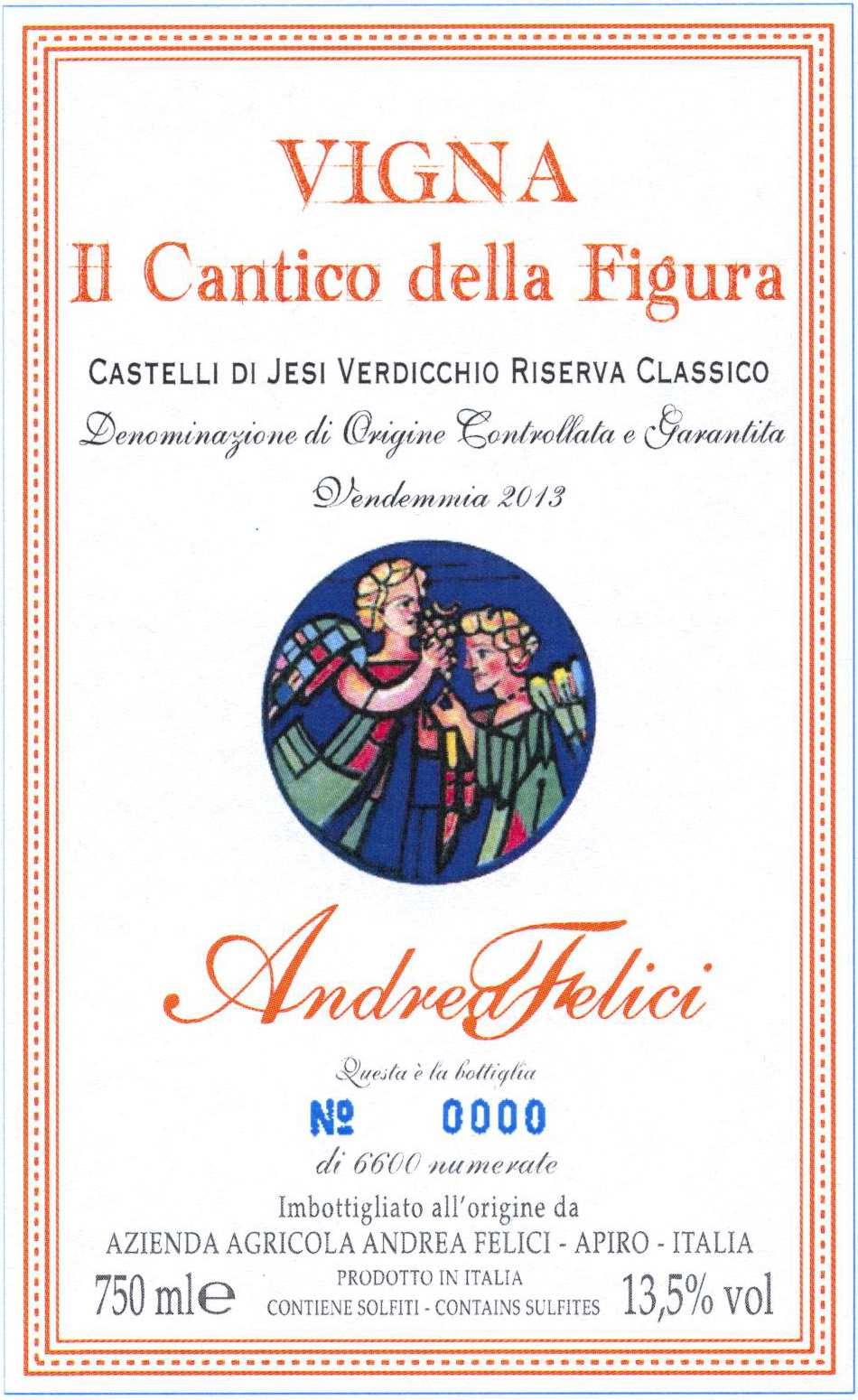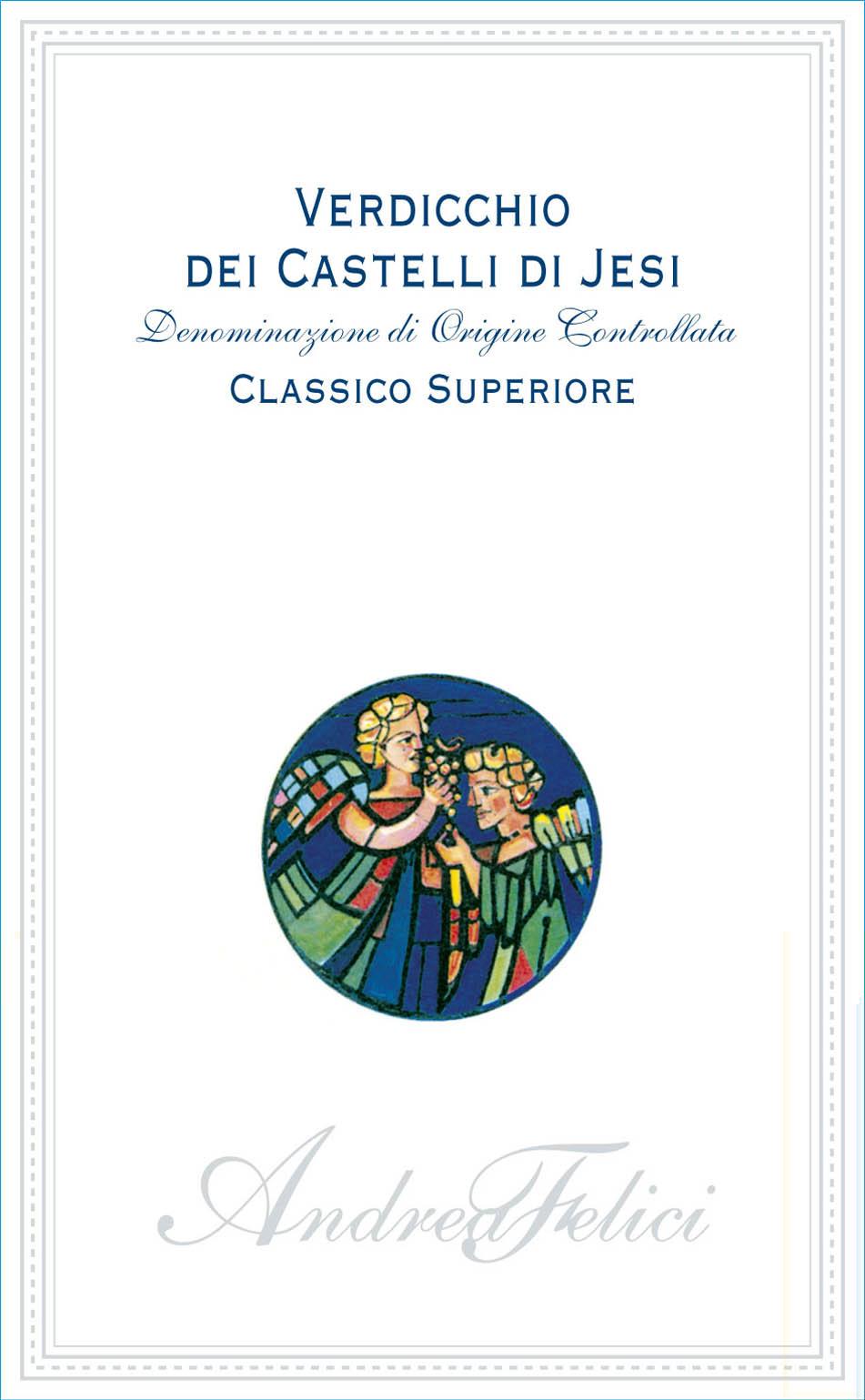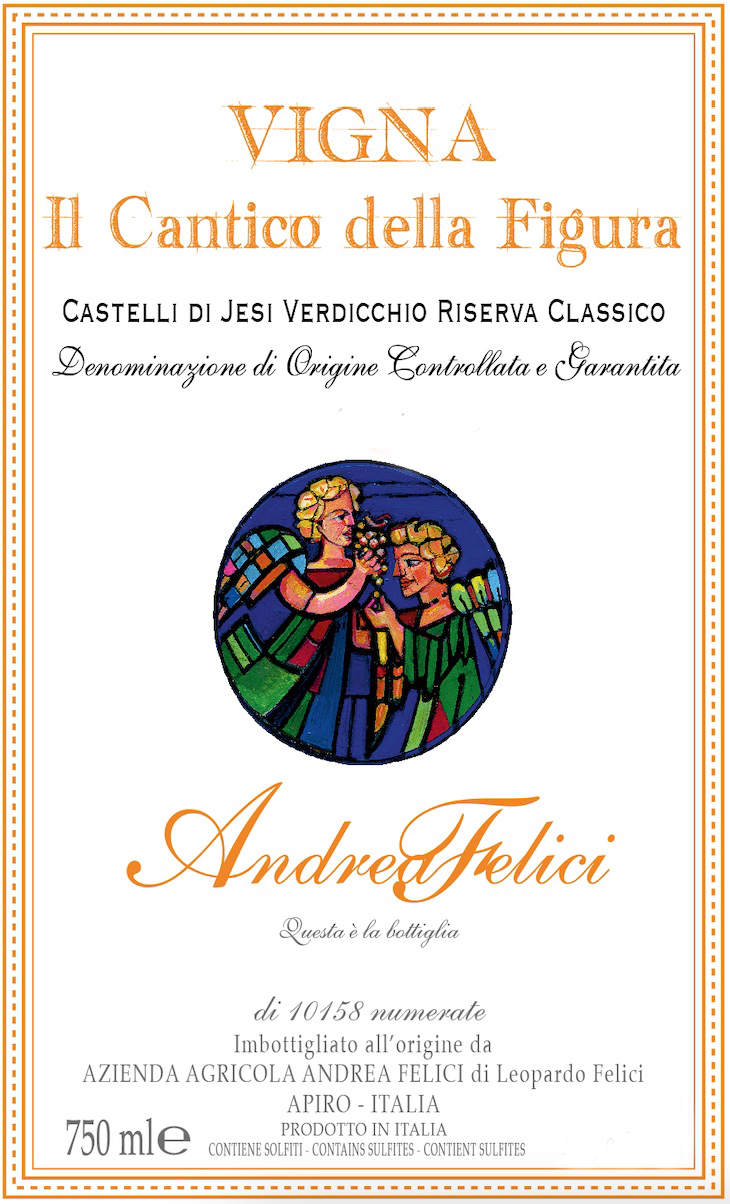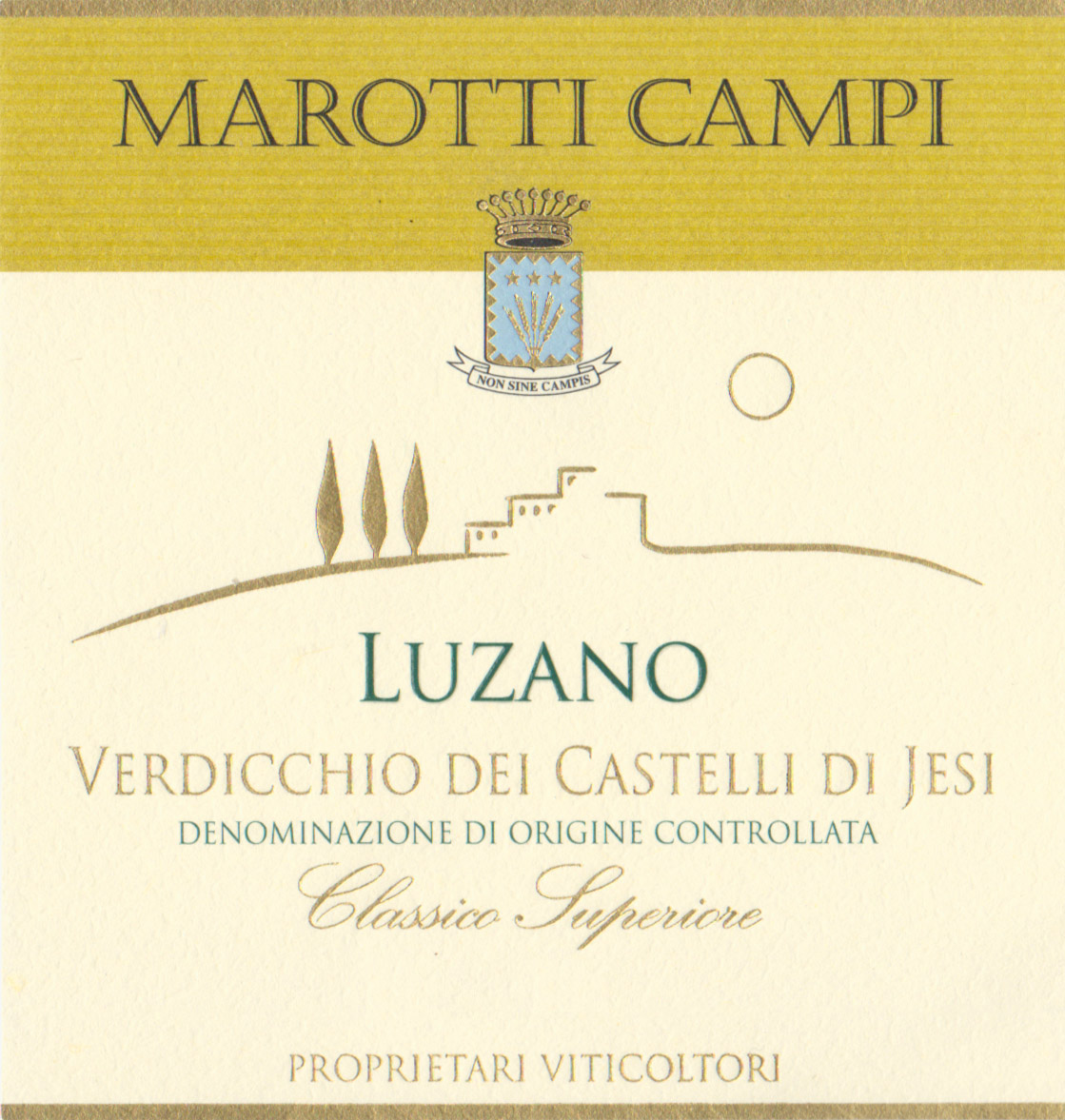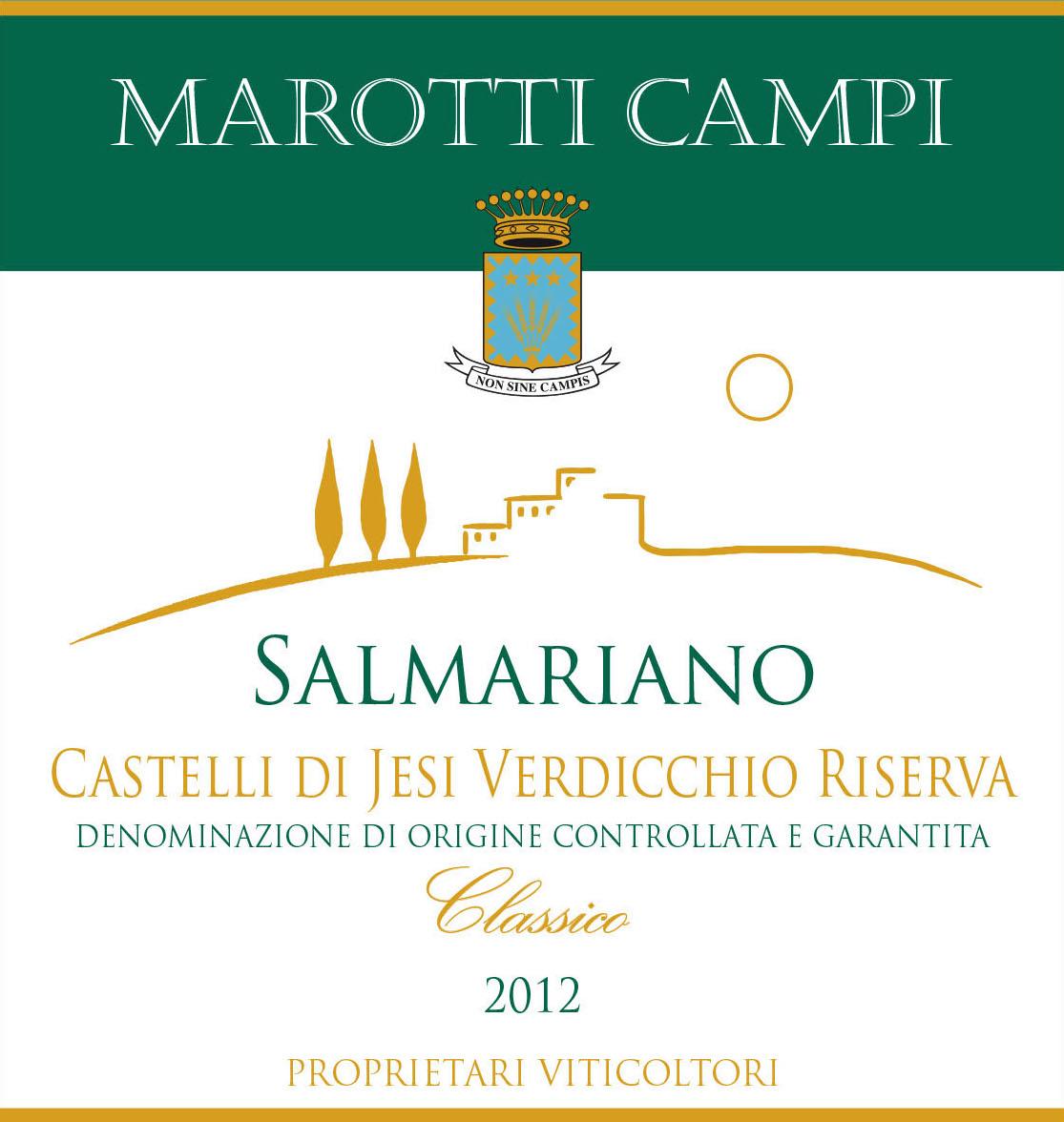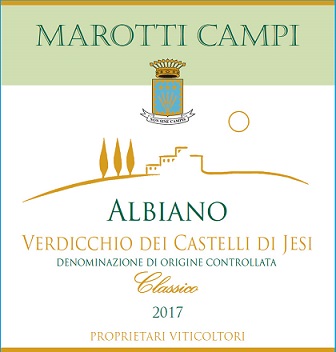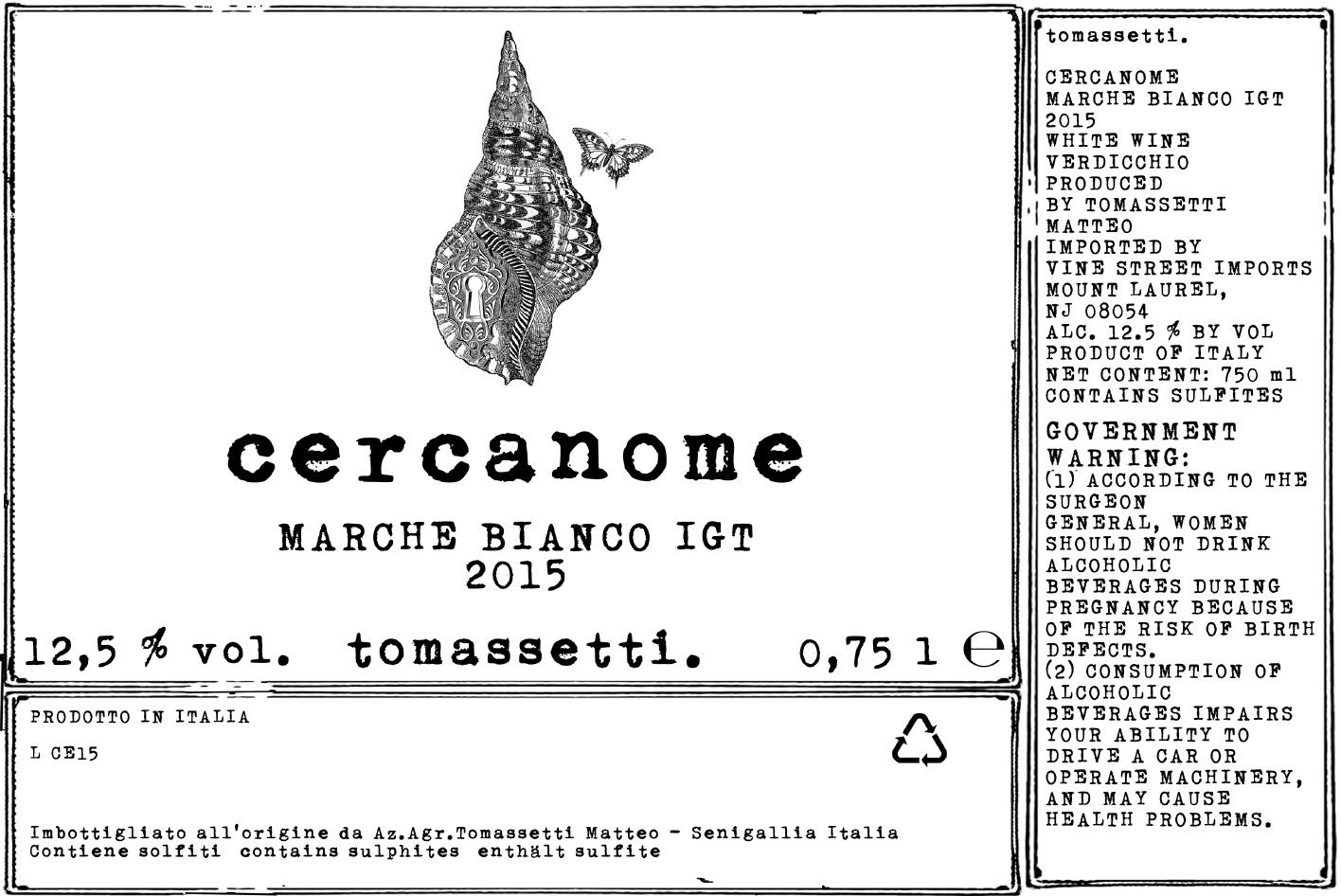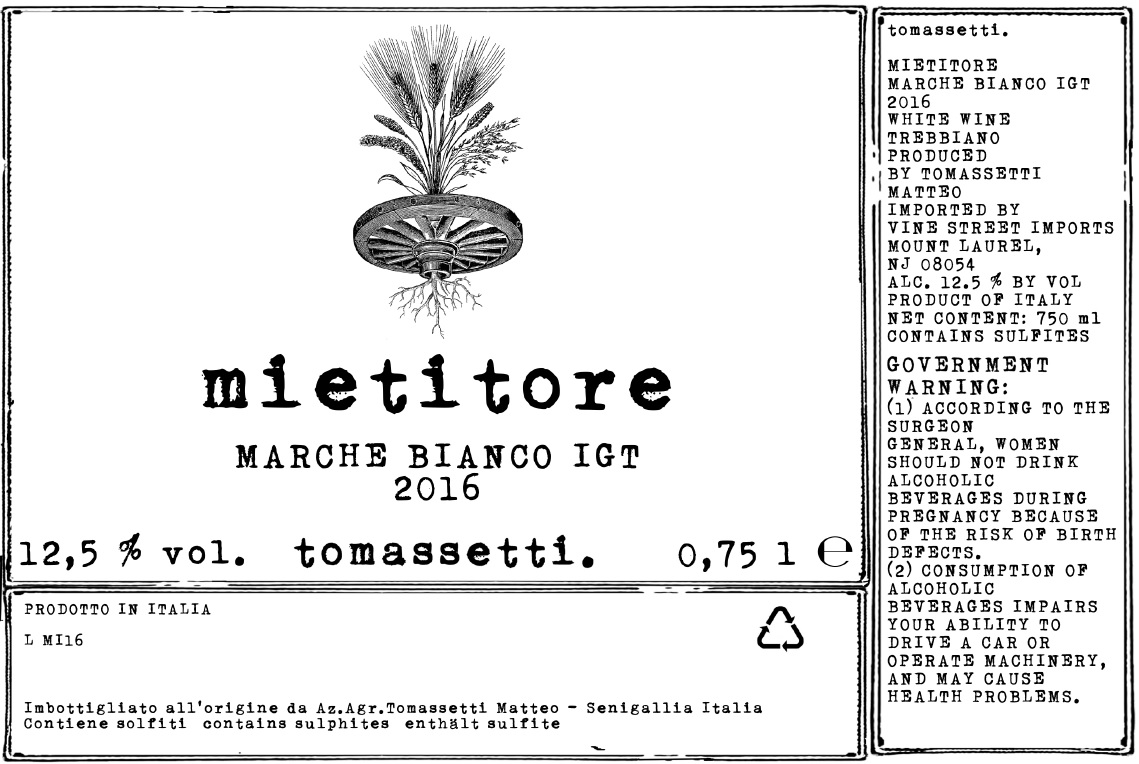Terroir of Marche
Marche's wines capture the beauty of the Apennine Mountains and the Adriatic Sea, offering a variety of soils and climates. This area, with its river valleys and rolling hills, benefits from the Adriatic's breezes, creating distinct terroirs across its DOCs. Vineyards range from 100 to 450 meters, with Monte Conero and Matelica valley as exceptions, each having unique climates.
Marche's climate combines Mediterranean and continental influences. Coastal vineyards have moderated temperatures, crucial for keeping Verdicchio's acidity. Inland, the continental climate with varying temperature swings enhances the aromatic complexity in reds. Soil diversity, from limestone to clay, enriches wines, with limestone adding minerality and a saline touch, boosting Verdicchio's crispness and supporting bold Montepulciano reds. Coastal sandy soils produce aromatic whites, while upland calcareous soils create sharp, mineral-driven wines.
Notable Wineries in Marche
The Marche region in Italy is renowned for its diverse and visionary winemakers, each contributing to the region's unique wine culture. These notable producers include:
-
Umani Ronchi: Known as the International Ambassador, they blend tradition with innovation, gaining global acclaim with wines like Pelago.
-
Garofoli: An Evolutionary force since 1871, they championed Verdicchio's transformation with improved quality and classic style.
-
Tenuta Villa Bucci: A Grape Champion, famed for its age-worthy Verdicchio from old vines, emphasizing organic practices.
-
Oasi degli Angeli: The Terroir Revolutionary, pushing boundaries with biodynamic methods and iconic Montepulciano wines.
-
Velenosi: Celebrated for Rosso Piceno Superiore, showcasing native grape diversity with elegance.
Sustainable Winemaking in Marche
Marche stands out in Italy for its commitment to sustainable winemaking, a philosophy deeply rooted in respect for the land. Producers here lead the charge, driven by personal convictions rather than formal mandates, as the region lacks its own chapter of Italy's national VIVA program. Many wineries pursue international certifications like USDA Organic and Demeter, or join collectives such as the Consortium of Vignaioli delle Marche, emphasizing sustainable practices.
Marche's approach involves organic and biodynamic methods, with vineyards treated as self-sustaining ecosystems. Winemakers minimize intervention, using native yeasts and little added sulfur to create vibrant wines. This dedication to sustainability reflects an enduring promise to protect the environment for future generations, making it an intrinsic part of the region's identity and winemaking culture.
Wine Tourism in Marche
Marche, Italy, offers a unique wine tourism experience, deeply connected to its agricultural heritage. Unlike its bustling neighbors, Marche provides intimate interactions with winemakers and their lands. Activities extend beyond tastings, with vineyard hikes, cellar tours, and picnics among the vines.
Culinary experiences abound, with on-site dining, cooking classes, and wine pairings. Unique offerings like "Yoga & Wine" and truffle hunts enhance the visit. Scenic bike tours explore diverse wineries. Visiting in May, June, or September offers pleasant weather and lush landscapes. While wine trails are less marked, routes like the Verdicchio Wine Road and Conero Riviera guide exploration. Festivals such as Cantine Aperte and Sagra dell'Uva celebrate the region's wine culture. Verdicchio complements seafood, while Rosso Piceno and Rosso Conero pair with hearty meals. Marche's wine tourism is a journey into its rich, authentic traditions.



